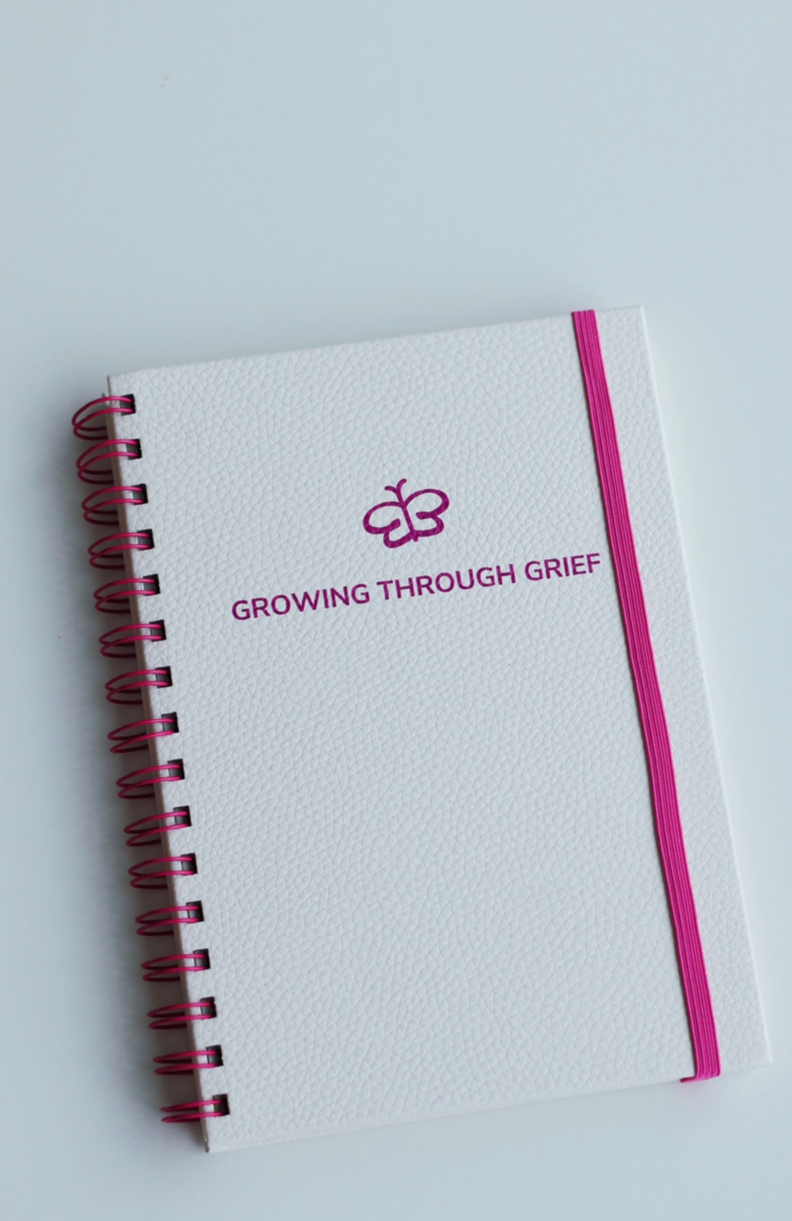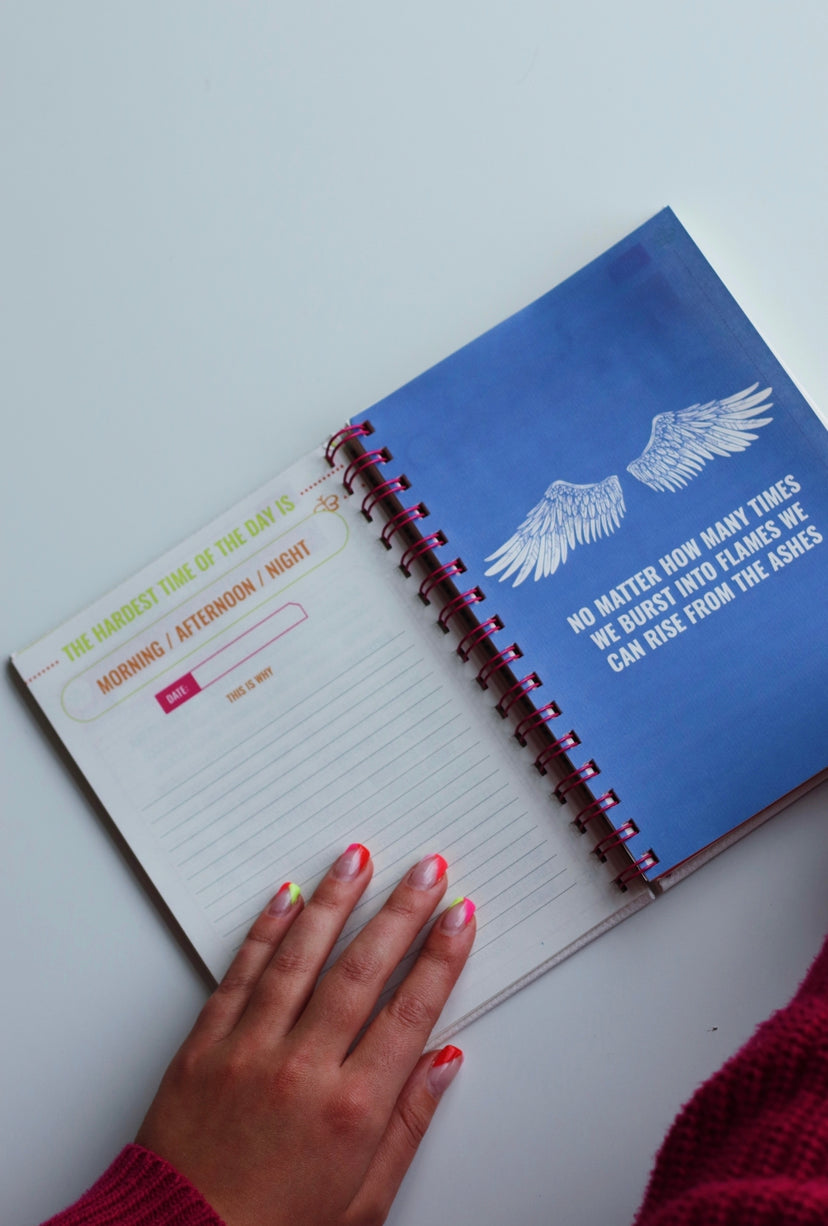Knowing the difference between grief, sadness and depression can be difficult, as all three emotions can have a powerful effect on mental health. In this guide, we will examine the definitions and symptoms of each emotion to help you better understand your own feelings and needs.
What Are the Differences Between Grief, Sadness and Depression?
Grief, sadness and depression are all intense emotional states that often stem from a difficult event or experience. Grief is typically a reaction to the loss of someone or something that was important to you. Sadness may be experienced in response to a failure or disappointment, while depression is a more serious mental health condition that involves persistent feelings of sadness and hopelessness.
The Stages of Grief.
Grief is often associated with the “5 stages of grief” model developed by psychiatrist Elisabeth Kübler-Ross in her 1969 book, On Death and Dying. The five stages include denial, anger, bargaining, depression and acceptance. Allowing oneself to work through all these emotions related to loss or change can be very healing in terms of emotional wellbeing. This is not to say that everyone experiences grief in this exact order – rather it may be more accurate to think of them as emotions that people experience during times of grief.
Signs and Symptoms of Sadness.
Sadness can manifest in many different ways but, in general, physical signs may include a feeling of heaviness or tiredness, lack of energy, changes in appetite, sleeping too much or too little, losing interest in activities that were once enjoyable and slowed speech. Emotional signs may include feeling overwhelmed, hopelessness and guilt. Differentiating between sadness and depression can be difficult; however, it is important to recognize the differences so that you can seek appropriate help if needed.
One tool to help you differentiate between the emotions you're feeling is an emotion wheel. You can grab our free download HERE.
Recognizing Signs of Depression.
Depression is more serious than grief or sadness and can be identified through specific symptoms. Physical signs include extreme tiredness, changes in appetite, sleeping pattern disturbances, restlessness or being irritable and loss of energy. Emotional signs may include suicidal thoughts or ideation, an inability to concentrate, low self-esteem, feeling guilty or worthless and a deep sadness. If you are experiencing any of these symptoms it is essential that you seek professional help.
How to Find Professional Help and Support for Mental Health Issues.
Seeking professional help and support can be a powerful step towards managing grief, sadness, and depression. Reach out to your doctor to discuss the options available for mental health services such as support groups, counseling sessions, or medication if necessary. If you don’t feel comfortable talking to your doctor or don’t have access to healthcare, consider speaking with a trusted friend or family member who can provide emotional support during this difficult time.



















